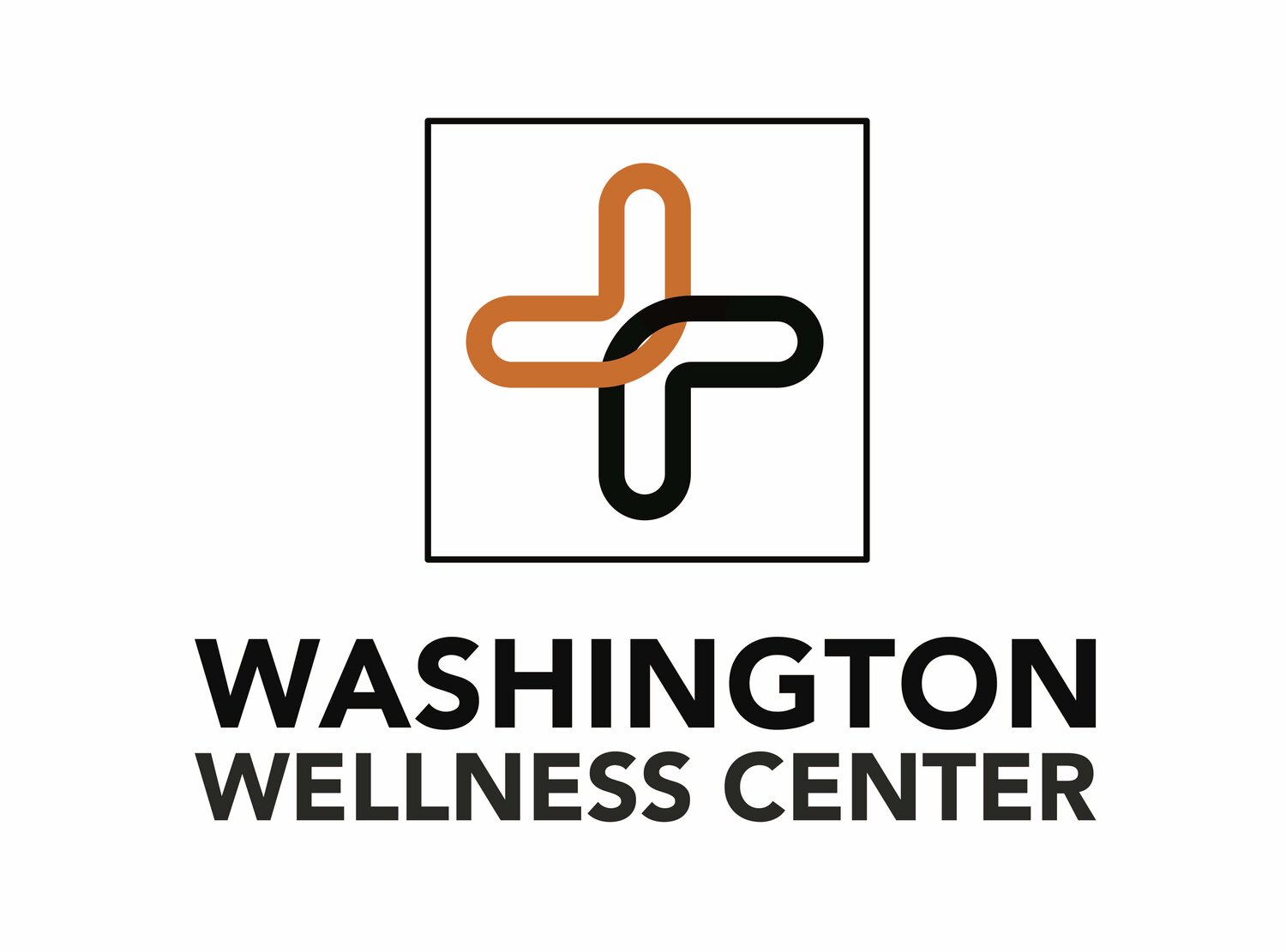Push The Brakes On Stress With The VAGUS NERVE
The 10th Cranial Nerve, or Vagus Nerve, is the longest cranial nerve and is directly related to nearly every function in the body. Called “The Relaxation Nerve” (as well as “The Wandering Nerve”), it exits from the brainstem and “wanders” throughout the body, establishing a two-way connection between the brain and major organs like the heart, lungs, liver, pancreas, spleen, and the entire digestive tract (gut-brain axis).
The vagus nerve is involved in many critical functions of the body’s Autonomic Nervous System (ANS) including digestion, breathing, hormone release, and heart rate modulation. The vagus stimulates the body’s Parasympathetic Nervous System (PNS), also known as the “Rest-and-Digest” Nervous System, which is the opposite of your “Fight-or-Flight” or Sympathetic Nervous System (SNS).
You can think of the SNS as your body’s “stress response gas pedal”, while the PNS is your body’s “stress response brake pedal”, so stimulating the vagus nerve is like pushing the brake pedal on your body’s stress response.
When you consider today’s epidemic levels of stress and stress-related chronic diseases, it’s not surprising that the activity of the vagus nerve is proportionally associated with health, wellbeing, relaxation, and even emotions like empathy, while it is negatively associated with poor markers of overall health including morbidity, mortality, and stress.1
The ‘brain-body connection’ goes both ways, so stimulating vagal activity can not only impact vital bodily functions but can impact our brain function drastically as well. Vagal nerve stimulation has been shown to affect many different areas of the brain as viewed by functional MRI (fMRI) and Electroencephalogram (EEG), and is known to increase the release of neurotransmitters like serotonin, norepinephrine, and endogenous opioids, which modulates brain functions such as pain processing, mood control including anxiety and depression, and even impacts neurogenesis, brain plasticity, memory, learning, and cognitive processes.1
In summary, stimulating your Vagus Nerve can decrease your body’s stress response and improve your ‘brain-body connection’, positively affecting BODILY FUNCTIONS through modulation of stress, hormone release, inflammation, digestion, detoxification and metabolism, while simultaneously impacting BRAIN ACTIVITY and affecting functions like mood and the perception of pain by altering the release of neurochemicals.

